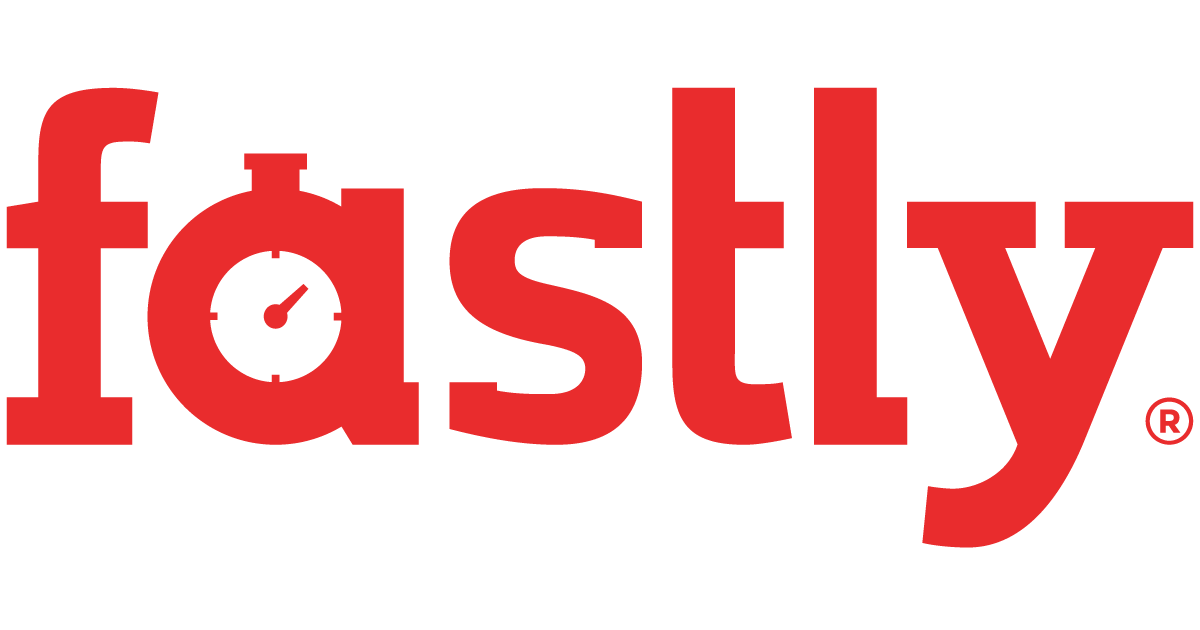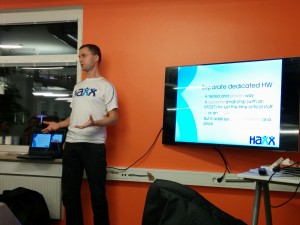I’m now a Senior Network Engineer at Mozilla. Today is my first day as an employee. Here’s my summary of how I got here and how the process has been so far, from my perspective.
Mozilla is an American company
OK, that’s not news to anyone and neither is it to me. I’m starting off with this because I’m not American. I’m a Swede, and I live in Sweden. When working and communicating with my fellow people at the mothership I of course get the slight cultural differences that are American versus Swedish. It’s not a problem because I’ve gotten quite used to working with Americans at work over the years but going through an entire recruiting and starting-a-new-job process entirely in English with Americans is new to me.
Interviewing
So when I was opening up to my social network to start looking for new assignments since I decided to end my previous one, I was approached by a friend who works for Mozilla. Of course I was interested to work for Mozilla!
So I had a Skype interview with a recruiter first, and then with two engineers. During evenings of course since Mozilla like many other tech companies are mainly in the west coast of the US, meaning -9 hours from me.
After those initial interviews I had to struggle with myself since I was in this luxury position of having no less than two other very interesting projects being suggested. How do you pick the best one out of three really good alternatives? I actually had to wrestle with all the details and factors involved and I decided that this lead was the best out of the three. If Mozilla wanted me, I’d go for that option.
So I took 4 days off from my current work and flew out to Mountain View California one day in November 2013. It takes some 17 hours to get there, I had a spare day to get somewhat adjusted to the time zone and then I fired off no less than five 45 minute interviews in a row that Wednesday. Then I got a ride back to SFO and I took the plane back home.
I’ve been a consultant for 16 years and I’ve done way over 30 projects during this time. I’ve been interviewed for all of them, and a bunch more that I didn’t end up getting. You can say I’m quite experienced in getting interviewed for work. What I’ve learned is to stay honest, just be me and have an as good time as possible but in the end it really isn’t possible to tell how the other end interprets me and my answers and if I match what they desire.
Getting hired
They didn’t reject me. I got the offer. I said yes. I signed the papers.
So one of the most frequent questions I’ve got when I told friends about my new job:
So you’re not gonna be a consultant anymore?
And no, I’m not. This option only came in the form of an employment or not at all, and I decided I wanted to do this rather than the alternatives. I’ve done consultant based development since 1996 and now I’m not anymore! Of course I still have tight bounds to Haxx and I certainly won’t exclude that I’ll return there one day.
My agreement also allows me to spend some time on curl development. Don’t you worry about that. I feel confident that I will only increase my commitment and efforts there.
Getting anxious
Once I had accepted the job I immediately wanted to start and by golly I got a harder time trying to motivate myself do good the period until that assignment ended.
I’ve had more phone meetings, I’ve checked out code and repeatedly rebuilt Firefox since then, I’ve read Bugzilla entries and perhaps most of all I’ve participated in Mozilla’s “onboarding program” which is a web based system that gives me tasks and asks questions and provides information, all in an effort to give them the information about me that they need and give me the proper info on Mozilla, what it is about, its background and what we’re doing ahead. (See how smoothly I used “we” there?)
Anxiously waiting for The Day. This may sound a bit melodramatic to some, but I do kind of feel like my life is changing a bit now into something it wasn’t before.
Starting a new job working remotely at day one
Today is The Day. I assume not everyone of you reading this have done it, but I start my first day at my new work for my new employer on the upper floor of my house, completely alone. I work from home, remotely and I’m also mostly isolated from a large portion of my colleagues by time zones.
So I grab my coffee and walk up the stairs to my home office. I sit down and I dive in. Source code. Lots of source code.
There’s a steep learning curve here, but I’m not afraid of some hard work and I like a challenge, I like code, I like open source and I like internet protocols. And I have good coffee.
Mozilla. I’m here. I’ve started. Today.





 Late in the year 1999 I quit my job. I handed over a signed paper where I wrote that I quit and then I started my new job first thing in the year 2000. I had a bunch of friends at the work I left and together with my closest friends (who coincidentally also switched jobs at roughly the same time) we decided we needed a way to keep in touch with friends that isn’t associated with our current employer.
Late in the year 1999 I quit my job. I handed over a signed paper where I wrote that I quit and then I started my new job first thing in the year 2000. I had a bunch of friends at the work I left and together with my closest friends (who coincidentally also switched jobs at roughly the same time) we decided we needed a way to keep in touch with friends that isn’t associated with our current employer.
 Ms stewardess pressed some buttons or something and then she said, “no it doesn’t work” and continued to try inserting my card in basically every variation you can (especially having the chip side turned out has to be a very clever way) while repeating to me that it doesn’t work. This is the same card I’ve used numerous times during the weekend and I used it several times at the airport less than an hour ago. I know it works.
Ms stewardess pressed some buttons or something and then she said, “no it doesn’t work” and continued to try inserting my card in basically every variation you can (especially having the chip side turned out has to be a very clever way) while repeating to me that it doesn’t work. This is the same card I’ve used numerous times during the weekend and I used it several times at the airport less than an hour ago. I know it works.





 Haxx was founded before the first
Haxx was founded before the first 